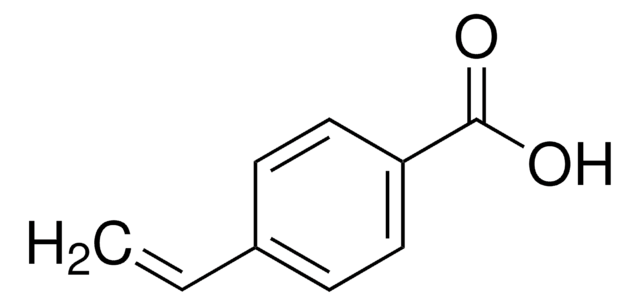289116
Carbon tetrachloride
anhydrous, ≥99.5%
Synonym(s):
Tetrachloromethane
About This Item
Recommended Products
grade
anhydrous
Quality Level
vapor density
5.32 (vs air)
vapor pressure
143 mmHg ( 30 °C)
91 mmHg ( 20 °C)
Assay
≥99.5%
form
liquid
impurities
<0.002% water
<0.005% water (100 mL)
refractive index
n20/D 1.460 (lit.)
bp
76-77 °C (lit.)
mp
−23 °C (lit.)
density
1.594 g/mL at 25 °C (lit.)
SMILES string
ClC(Cl)(Cl)Cl
InChI
1S/CCl4/c2-1(3,4)5
InChI key
VZGDMQKNWNREIO-UHFFFAOYSA-N
Looking for similar products? Visit Product Comparison Guide
Related Categories
Application
Signal Word
Danger
Hazard Statements
Precautionary Statements
Hazard Classifications
Acute Tox. 3 Dermal - Acute Tox. 3 Inhalation - Acute Tox. 3 Oral - Aquatic Chronic 3 - Carc. 2 - Ozone 1 - Skin Sens. 1B - STOT RE 1 Inhalation
Target Organs
Liver,Kidney
Storage Class Code
6.1B - Non-combustible acute toxic Cat. 1 and 2 / very toxic hazardous materials
WGK
WGK 3
Flash Point(F)
Not applicable
Flash Point(C)
Not applicable
Personal Protective Equipment
Choose from one of the most recent versions:
Already Own This Product?
Find documentation for the products that you have recently purchased in the Document Library.
Our team of scientists has experience in all areas of research including Life Science, Material Science, Chemical Synthesis, Chromatography, Analytical and many others.
Contact Technical Service










